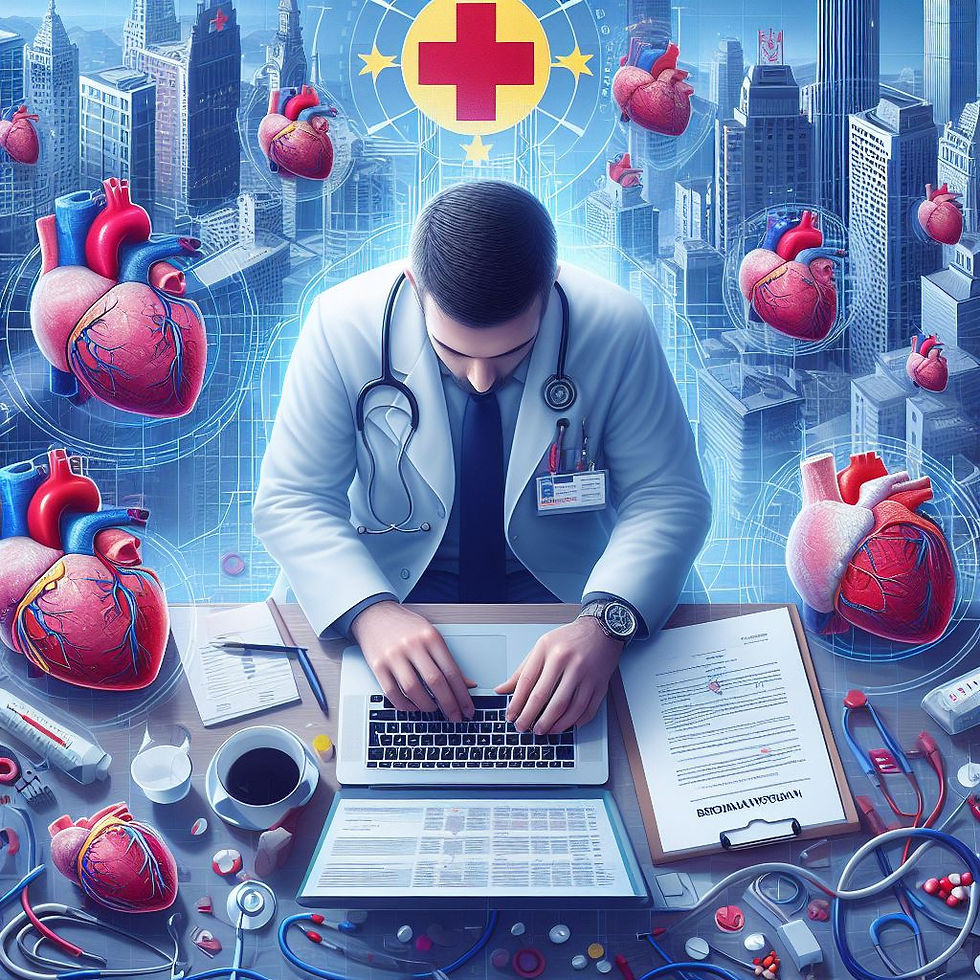I was born in Sarajevo, a city known for its Winter Olympic Games, during the time my parents were going through their university years. Our entire family immigrated to the United States in the 1950s, ’60s, and ’70s. I grew up in New York City, where I obtained my elementary and high school education, going to a catholic elementary school and one of the top four public high schools in New York City at the time, Aviation High School, which had excellent advanced college preparation courses in physics, biology, and chemistry. I took some courses at Hunter College, New York, to prepare for Medical School in Europe. At that time, living in New York was hard, and my only way out was through education. I looked up to my uncle and other doctors in my family. My brother and I both decided to pursue careers in the medical field.
Once in Croatia’s capital city, Zagreb, it was challenging to adapt to the local language, curriculum, and oral exams in Croatian, even though most books were direct translations of English Textbooks (Guyton, Harrisons, etc., with which I paralleled in English). After integrating with some of the country’s best students, I persevered and lived up to these challenges. During my medical training, I learned responsibility and compassion for the welfare of patients, and I felt drawn to the clinical sciences and enjoyed each rotation with curiosity and freshness. Unfortunately, during my medical studies, a war broke out in Croatia and other Balkan countries in that part of Europe, which was entirely unexpected for all of us.

During my ongoing medical studies, and while witnessing a lot of pain and suffering, I was compelled to help in any way I could, both in and out of the medical arena. I accomplished this through working with the Red Cross, United States Embassy, and in the medical field with trauma patients, as well as extra hours in the forensic medicine department. Walter Reed Army Medical Center had its Mobile Hospital set up at the local International Airport, where I volunteered and was involved with multiple surgical cases.
Serving in the middle of senseless suffering made me an even stronger person regarding humanitarian needs. I would not be the same doctor if I did not participate in the humanitarian services I was involved with, which gave me an enhanced perspective on life and death and how valuable life is.

I graduated from Medical School and authored a research paper and thesis with my mentor, Professor Klapman, from the Maxillofacial Surgical Department. The thesis was on squamous cell carcinoma of the head and neck, which I presented to a committee of professors. After graduating, I also worked in the emergency room department in Zagreb, Croatia, for eight months to acquire additional emergency room skills.
After moving back to the United States, I was introduced to a group of cardiologists at the XXXX Clinic in Lakeland, Florida, who invited me to spend time with them. There, I saw what a luxury it was to practice medicine with natural ailments (diabetes, hypertension, coronary artery disease, etc.) compared to the trauma of wartime medicine. At the XXXX Clinic and the XXXX Regional Medical Center, I attended weekly academic meetings, spent time in a catheter lab, as well as rounds, and observed open heart surgeries. XXXX Regional Medical Center was one of the national centers at the forefront of cardiac intervention STEMI protocols and had a 24-7 prevention team, which later became standard of practice.
I always made it a point to stay in a clinical setting while studying for my certification exams. However, at the same time, I needed to sustain myself financially; therefore, I worked as a Patient Care Coordinator at the XXXX Medical Care Clinic in the Tampa Bay, Florida area. There, I was able to continue interacting with patients. I met other physicians that were kind enough to let me shadow them and keep up a variety of clinical skills. I also found time and opportunities to attend various conferences and pharmaceutical lectures.
I am a great candidate for your residency program as I have the knowledge, experience, and exposure to a variety of unique things in the medical field. I am very able to connect and communicate with people, and I can offer you compassion, hard work, and commitment. I look forward to hearing from you soon.
Thank you for considering my application.
Cardiology Residency Personal Statement



Comments